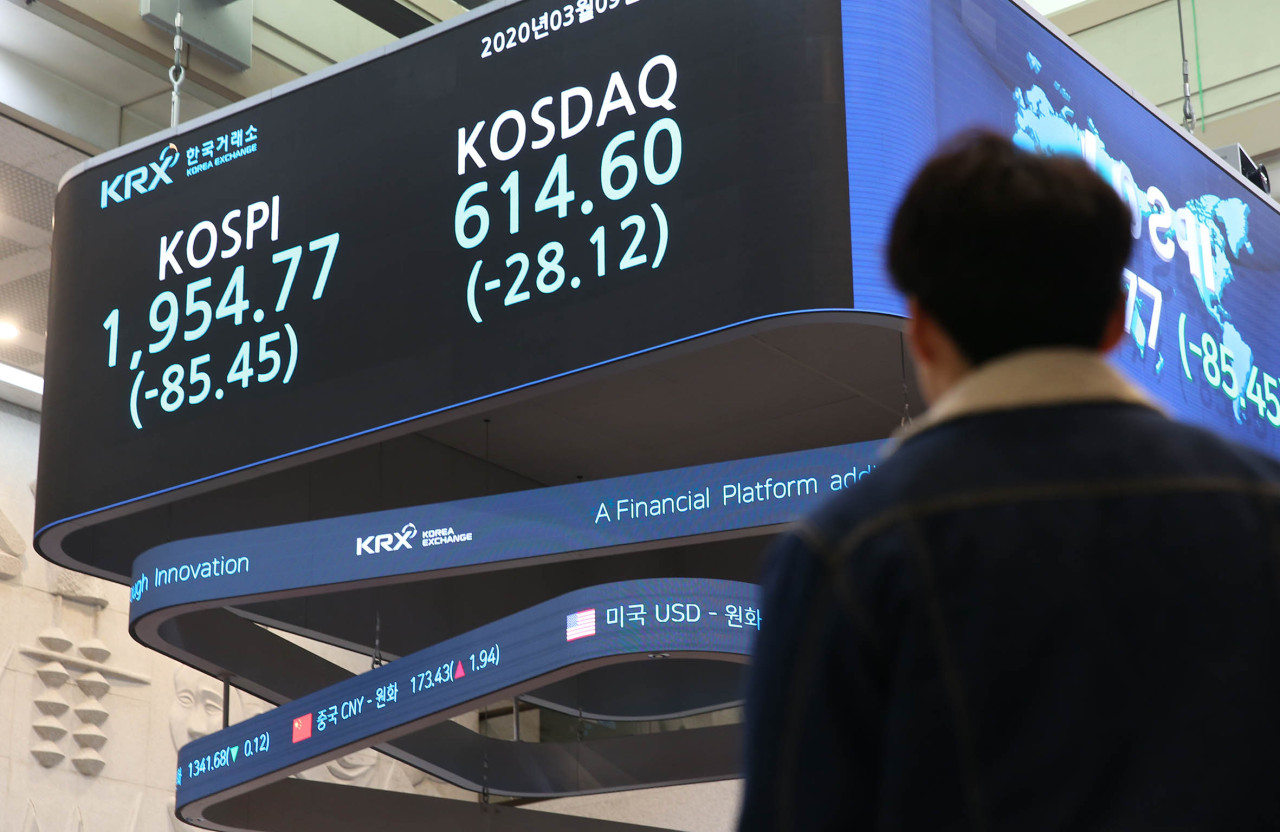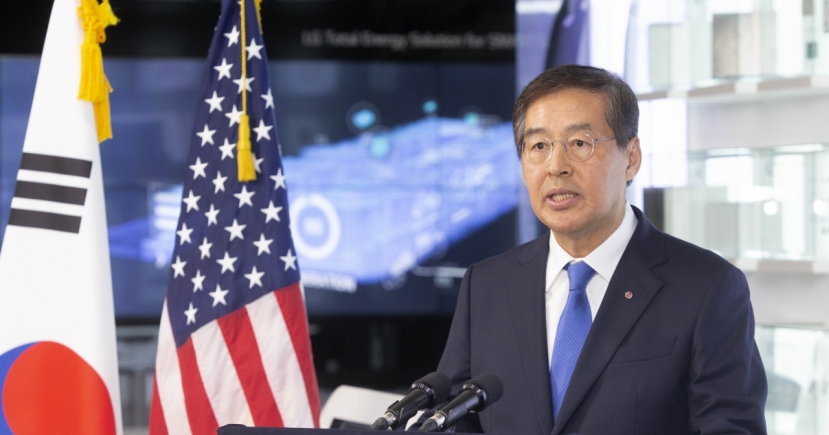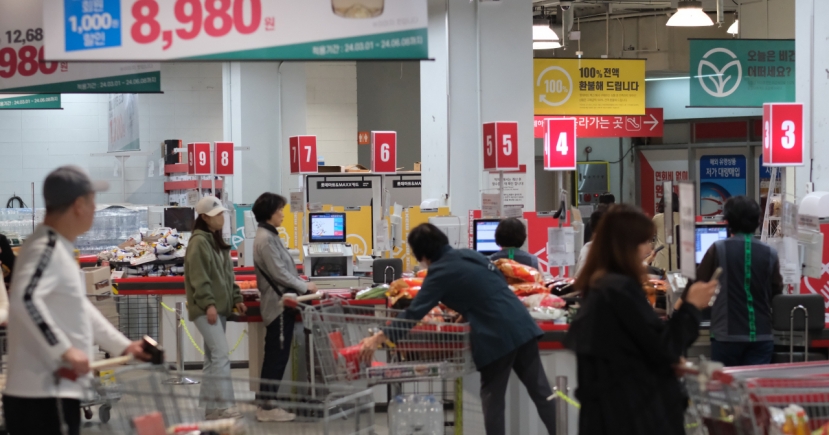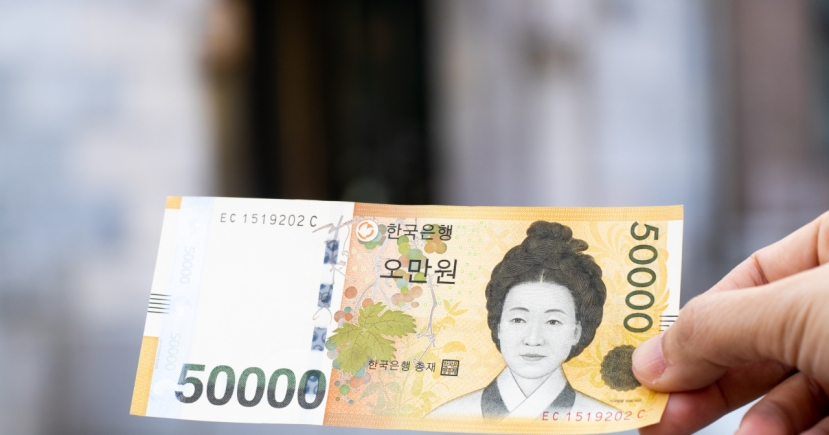Finance
Stock markets plunge as Coronavirus spreads and oil prices sink
Despite the slowdown in new cases of the novel corona virus (COVID-19) in the country, South Korea’s stock market experienced the worst day in months as the virus continues to rapidly spread across the globe and oil prices fall amid price war among oil producers.
The country’s benchmark Kospi plunged 4.19 percent, or 85.45 points, to close at 1,954.77 points on March 9. The tech-heavy Kosdaq also sank 4.38 percent to 614.60 points. Both bourses suffered heavy net selling by institutional and foreign investors.
 |
A man looks at the board that shows KOSPI and KOSDAQ indexes on March 9. (KRX) |
With 248 new cases detected on March 8, Korea reported the lowest new infections in two weeks, according to the Korea Centers for Disease Control and Prevention. But the virus is spreading fast globally. The novel coronavirus has infected more than 110,000 people in 110 countries and regions as of March 9 and many countries and cities have declared an emergency.
To make matters worse, the panic across the capital market worsened after oil prices plunged more than 30 percent on March 8, sliding the most since the Gulf War in 1991. Saudi Arabia cut its export oil prices over the weekend in what experts see as a price war against Russia. The prices of Brent crude oil and WTI crude oil declined nearly 30 percent to $31.66 and $27.59 per barrel, respectively, on March 9.
The combined fears of the COVID-19 and uncertainty over oil prices slashed global capital markets. Hong Kong's Hang Seng Index was down 4.2 percent while the Shanghai Composite Index fell 3.5 percent. Nikkei 225 declining 5.6 percent and Australia’s S&P/ASX 200 dropping 6.3 percent.
Rating agencies and financial intuitions predicted a long-lasting impact of the coronavirus.
“It now seems certain that even if the virus is steadily contained, the outbreak will dampen global economic activity well into the second quarter of this year,” Moody’s Investors Service wrote in a report.
Moody’s revised down the baseline forecasts for G-20 economies to 2.1 percent, 0.3 percentage point lower than the previous baseline.
By Park Ga-young (gypark@heraldcorp.com)






![[KH Explains] Korean shipbuilding stocks rally: Real growth or bubble?](http://res.heraldm.com/phpwas/restmb_idxmake.php?idx=151&simg=/content/image/2024/04/25/20240425050656_0.jpg)
![[Hello India] Hyundai Motor vows to boost 'clean mobility' in India](http://res.heraldm.com/phpwas/restmb_idxmake.php?idx=151&simg=/content/image/2024/04/25/20240425050672_0.jpg)
